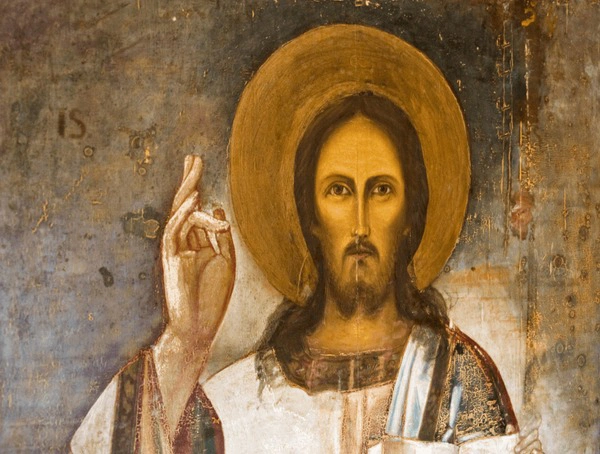
The Reverence and Authority of God's Name: Insights from Psalm 76
In ancient Judah and Israel, the reverence of God's name was central to life and faith. Psalm 76 illustrates the greatness of God's authority, the paradox of His wrath bringing praise, and the submission of earthly kings. This exploration encourages us to acknowledge a higher authority, fostering humility and respect.
David Walker
26/11/2024 - 6 months ago

The Reverence of God's Name in Judah
In the ancient lands of Judah, God's name was held in the highest esteem. The people recognized Him as the ultimate authority, guiding their lives and decisions. This reverence was not merely a tradition but a deep-seated belief that influenced their daily practices and communal activities.
Judah's acknowledgment of God brought them a sense of identity and purpose. It was through this recognition that they found strength and unity as a nation. They believed that honoring God's name would bring blessings and protection, a belief that was woven into the fabric of their society.
This reverence is a reminder for us today. Even in our modern world, where distractions abound, holding God in high regard can ground us in truth and purpose. It teaches us to prioritize what truly matters and to seek divine guidance in all aspects of life.
The Greatness of God's Name in Israel
In Israel, God's name was not just great; it was central to their existence. The Israelites understood that their survival and prosperity were tied to their faithfulness to God. This belief was evident in their worship, laws, and everyday interactions.
The greatness of God's name was celebrated through festivals, songs, and sacrifices. These acts were not just rituals but expressions of a deep and abiding love for their Creator. The Israelites knew that by exalting God's name, they were aligning themselves with His will and purpose.
For us, recognizing the greatness of God's name can transform our lives. It invites us to live with intention, guided by a power greater than ourselves. By acknowledging His greatness, we open ourselves to His wisdom and grace.
The Power of God's Wrath and Praise
Psalm 76 speaks to the power of God's wrathGod's wrath, which paradoxically brings Him praise. This concept might seem challenging at first, but it highlights a profound truth: God's righteous anger is not random but purposeful, designed to bring justice and order.
When God acts in wrath, it serves as a corrective force, aligning humanity with His divine plan. This aspect of God's character invites us to reflect on our actions and align them with His standards. It's a call to live righteously and to acknowledge that His ways are higher than ours.
Understanding God's wrath as a form of praise shifts our perspective. It reminds us that even in judgment, there is mercy, and in discipline, there is love. This understanding encourages us to trust in God's ultimate plan for good, even when it involves correction.
Gifts from Earthly Kings and Divine Authority
The kings of the earth bringing gifts to God signifies recognition of His supreme authority. These offerings were acts of submission and reverence, acknowledging that all earthly power is subordinate to God's rule.
This submission was not out of fear but out of respect and acknowledgment of God's sovereignty. Even the most powerful rulers understood that their authority was limited and that true power resided with God. This humility is a powerful lesson for leaders today.
God's ability to break the spirit of rulers underscores His ultimate control over human affairs. It serves as a reminder that no matter how powerful someone might seem, they are still subject to God's will. This truth fosters humility and encourages us to seek His guidance in leadership and governance.




















